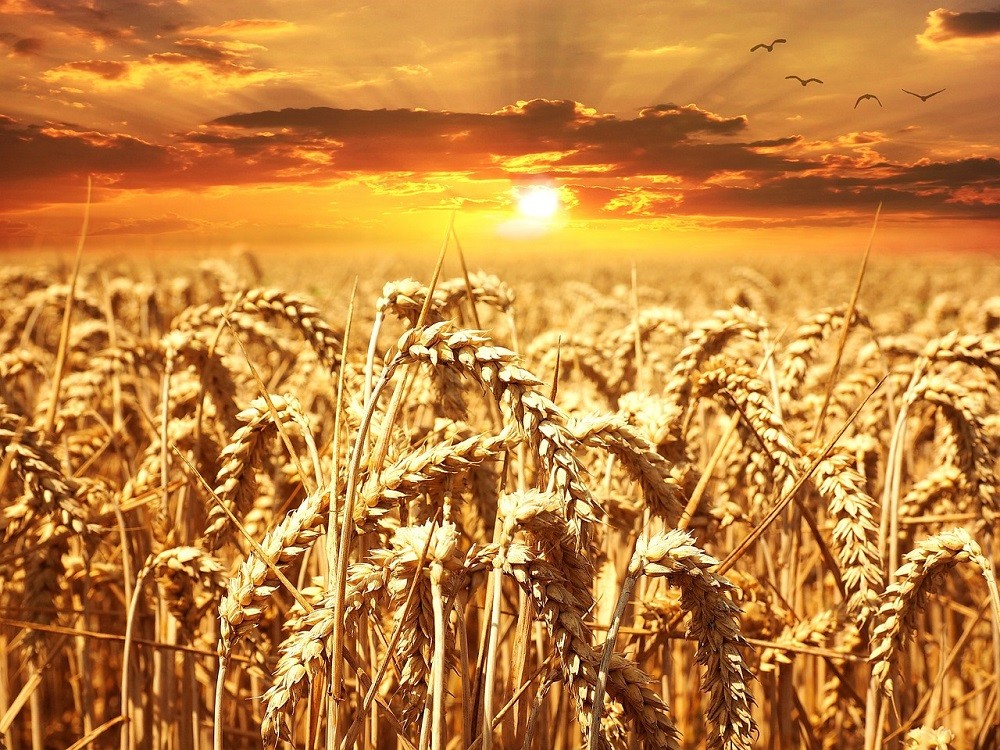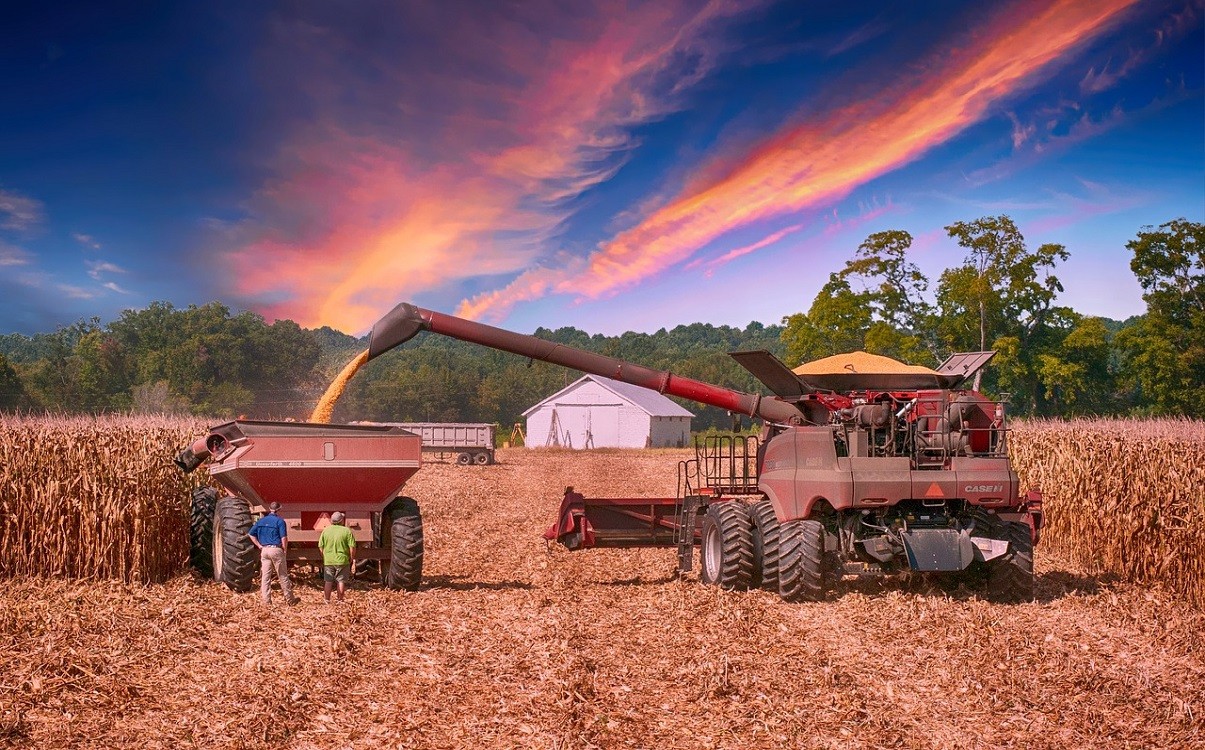Farmers are slow to use Clean Technology in their Operations. The technology is there, but the will is not
When looking at the issue of climate change, farming also has an impact. Farmers though want another exemption from the carbon tax (Price on Pollution) in the drying of grains for storage and sale. Farming is important, but we all have a role to play in reducing fossil fuel use to slow Climate Change. Farmers are upset and arguing about the figures used by the federal department of Agriculture on the actual cost of the carbon tax/price on pollution on drying grain. The costs are said to be either $819/year (federal figures) or the farmer Association figures of $8900. Huge difference.
Let’s give farmers the benefit of the doubt, but only a temporary two year delay on the application of the carbon tax, but they need to stop using propane fuel (Carbon) as the only method to dry their grains. There are other fuels available, like Hydro power & electricity. Since 1978, research by the US Dept of Agriculture have demonstrated that solar power as well as electric drying of grain is feasible and economically viable. This is more so in Manitoba.

Manitoba has Hydro power, we need to ensure our farmers are using our power to generate wealth in Manitoba, The federal government should also build an electric transmission line to Saskatchewan and Alberta to supply them with Hydro Power and the federal government should work with farmers and associations to get this done, sooner rather than later.
Right now people are arguing about the costs, but not the future. What we need is people standing up with a criticism, but also a solution.
Grain farmers are adamant that Agriculture Minister Marie-Claude Bibeau was wrong when she said this week grain farmers were, at most, paying $819 a year in carbon tax to dry their products, so they don’t need a break on the federal carbon tax. Yet she seems to be right. “The estimates range from $210 to $819 per farm and 0.05 per cent to 0.42 per cent of total farm operating expenses,” Bibeau said in a news conference Tuesday.
Markus Haerle, chair of the Grain Farmers of Ontario, says the carbon-tax bill for drying corn from his 800-hectare farm in St. Isidore, Ont., was $8,500 last fall, and that he is not alone.
Late Friday, Bibeau’s spokesperson said the figures Bibeau gave were averages that vary by province, and particular farmers might pay much more.









